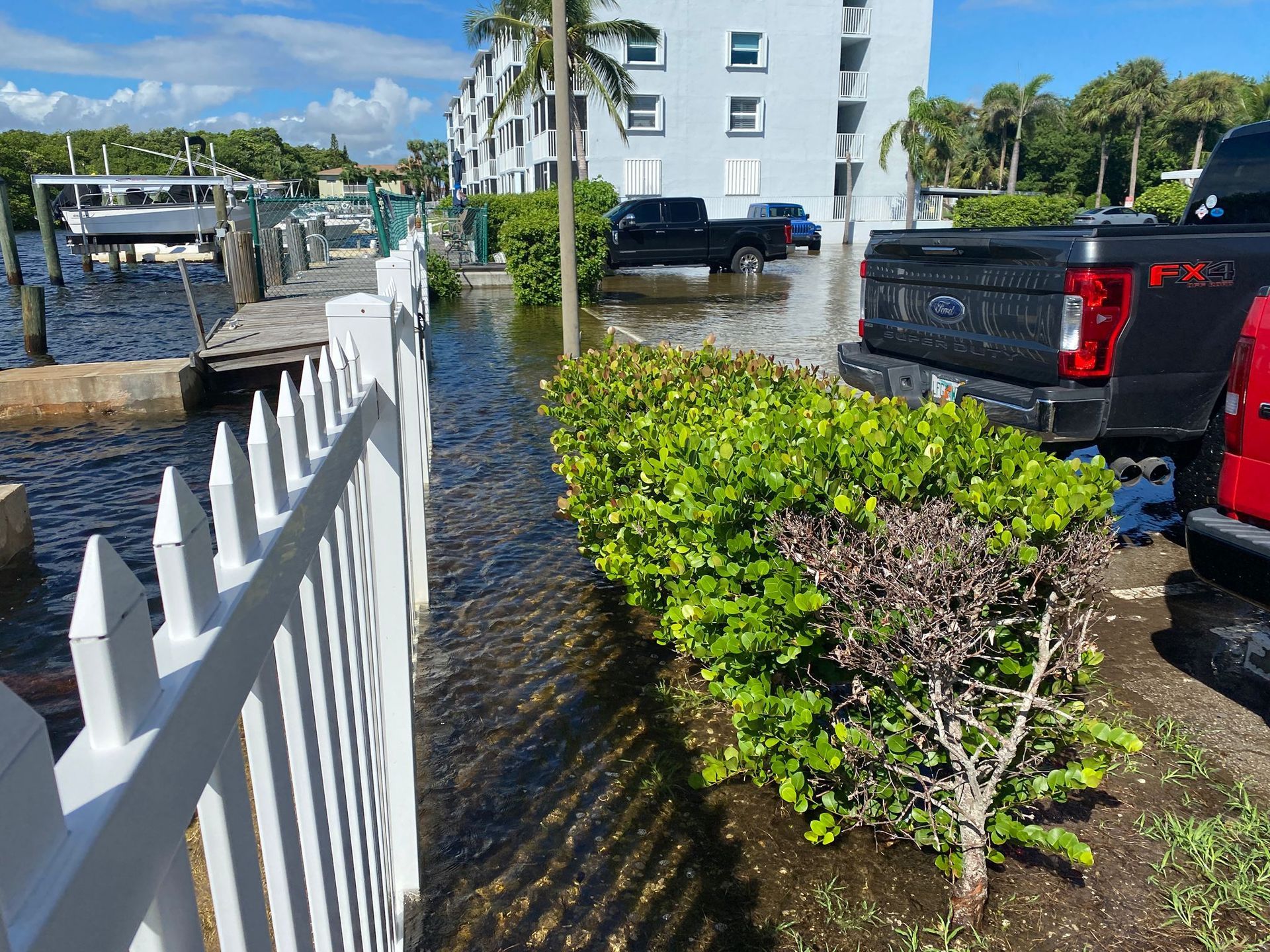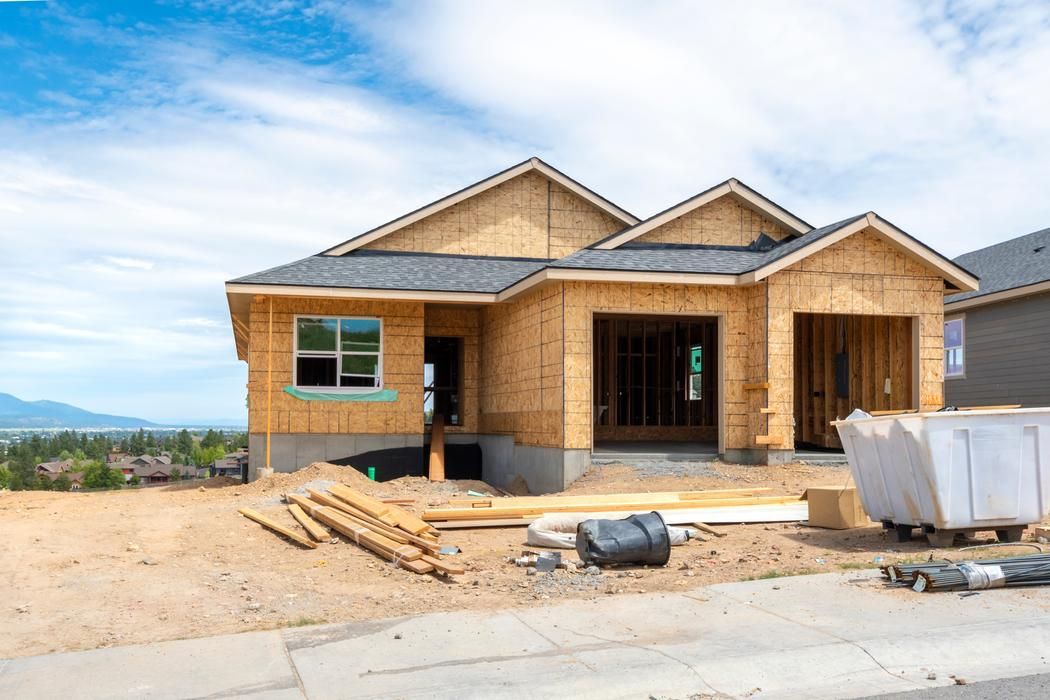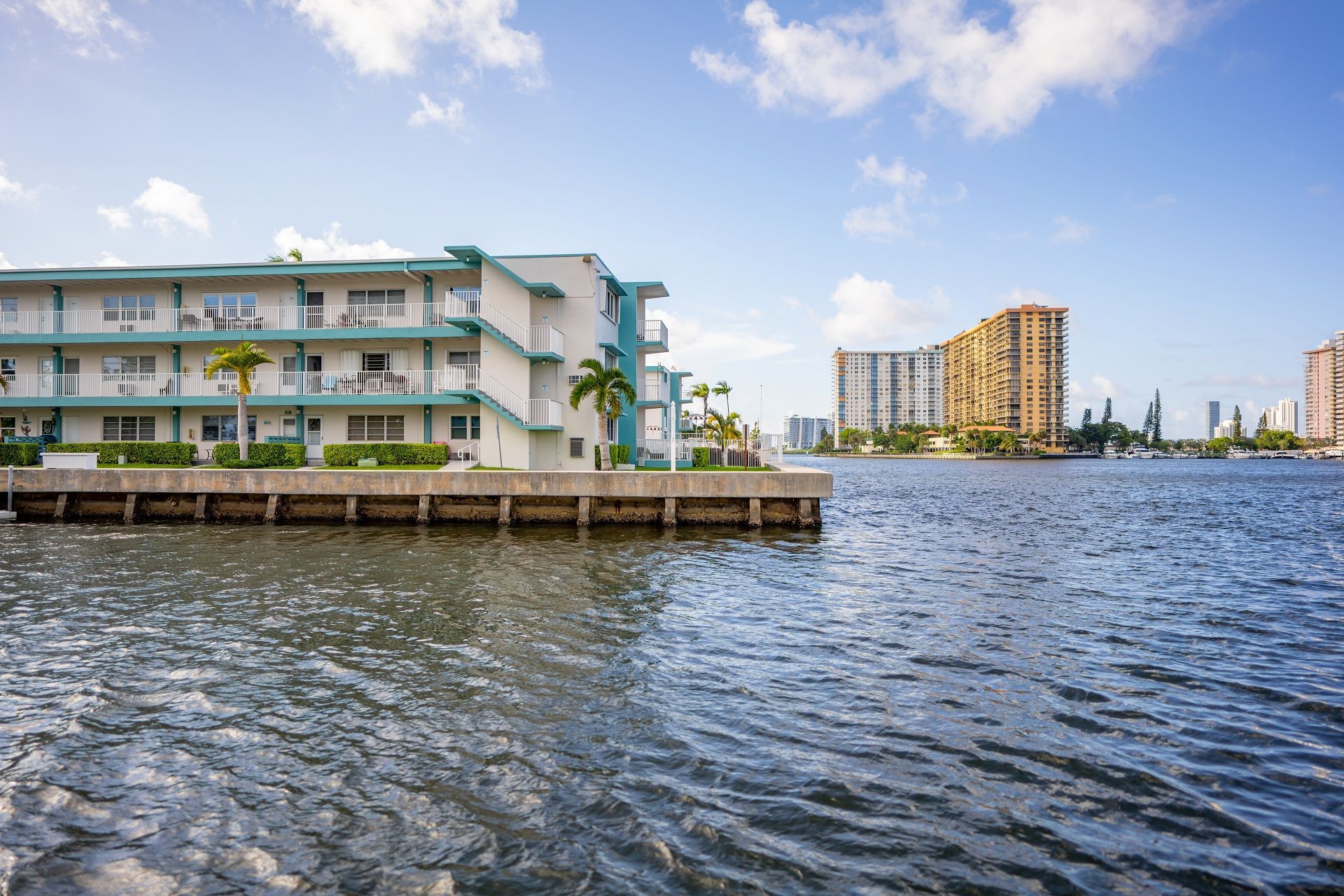Florida NFPA 80 Fire Door Inspection Requirement
We often fail to appreciate fire doors until an emergency occurs. This is why most business owners need to pay more attention to fire safety features on their property.
Since fire doors contain fires to a singular location in the building and help people escape in case of a fire, staying on top of their condition is an absolute necessity when it comes to running a safe business.
There’s so much to learn so stay with us as we explore the importance of fire doors and explain the NFPA 80 and NFPA 101 requirements.
What Are Fire Doors?
Fire-rated doors are built with the purpose of withstanding extreme heat. They include a latch or a closing device with other fire-resistant hardware. Locks on these doors either use fail-secure or fail-safe emergency locks.
Fire doors typically have to allow free egress unless installed on certain types of buildings that can legally use controlled egress. These types of doors can also serve the purpose of entry points in the interior or exterior.
All non-building and building structures must adhere to code and other strict standards. Codes are legally enforceable and are enforced and adopted by the local jurisdiction. Standards, on the other hand, represent a collection of best practices established through a consensus. Not all standards are legally enforceable.
Two noteworthy standards fire doors contractors and designers follow are NFPA 80 and NFPA 101.
What Is The NFPA 80 Standard?
The National Fire Protection Association publishes the FPA 80, the standard followed by contractors and designers of fire doors. It outlines recommended practices, guidelines, and standards regarding the installation, testing, modification, and repairs of opening protectives.
FPA 80 applies to fire-rated swing doors, sliding doors, rolling doors, windows, and proscenium openings.
In addition, this standard also prescribes acceptable locations of fire activation and detection devices, fire opening jamb construction, lintel construction, floor coverings, and mechanical attachments.
What is The NFPA 101 Standard?
NFPA 101 standard, on the other hand, establishes clear guidelines for preventing fire hazards and fire-related incidents, mitigating hazards, and facilitating safe evacuation. The primary focus of the NFPA 101 is prescribing a safe and unobstructed egress.
It outlines requirements for exit doors, discharge, access, and capacity and arrangements of all exits. This includes setting specs for signage, emergency lighting, and other safety features that aid evacuation during emergencies.
NFPA 101 also prescribes the installation and maintenance of accepted fire protection measures such as sprinklers, fire alarms, and suppression equipment. It also sets forth inspection, design, testing, maintenance, and other guidelines to ensure the proper functioning of this equipment during emergencies.
What Is A Commercial Fire Door Inspection?
A fire door inspection is a fire safety evaluation performed by a qualified technician on fire doors on commercial property. According to NFPA 80, this inspection is an integral part of routine maintenance necessary to ensure the safety of the occupants if a fire occurs. Moreover, fire doors have to be inspected at least once a year.
Keep in mind that this requirement can vary depending on the building’s traffic. High-traffic buildings with more specific safety requirements may need more frequent inspections. Non-compliance with these regulations can lead to hefty penalties.
So what can you expect from a commercial fire door inspection?
Here are things that you can expect from this inspection:
- A visual evaluation of each fire door on the property to determine if there are signs of damage
- Operational testing to ascertain the operation of the self-closing mechanism
- Checking the gaps between the frame and the door to check if they fall within accepted clearance standards
- Inspector will take note of any issues and compile their findings in a comprehensive commercial fire door inspection report
Can You Fail A Fire Door Inspection?
If a door doesn’t meet the standards set by NFPA 80 and fails the test as a result it means it’s not performing as expected. The owner will be required to replace or fix the door within a specified timeframe in order to maintain safety requirements in a commercial building.
For instance, a door may be rated for 60 minutes, which means that it’s fire-resistant for an hour. If the door burns faster than it’s rated for during the operational fire test, it’s considered substandard.
Here are some other reasons why you may fail a commercial fire door inspection:
- A fire door fails to contain the fire after it penetrates the surface
- The fire penetrates through the surface despite the high-resistance rating during the test
- Smoke starts penetrating the gaps around the fire door which means the seals are substandard
- Glass shatters during the test, signifying the structural integrity is poor
- Door can’t latch automatically during the inspection
Who Can Check The Safety Of Fire Doors?
Only certified and qualified individuals are allowed to conduct this inspection. They must have the necessary training in FPA 80 safety standards and an extensive knowledge of fire-resistant door components, safety requirements, and fire ratings.
These strict requirements are perfectly understandable. Compliance with fire safety regulations and working hard to ensure fire measures are properly implemented can save lives if an emergency occurs. And you wouldn’t want to relegate such an important task to someone without the right training, right?
Ensure A Safe Working Environment
Evaluating the operation and quality of fire doors in your business is of utmost importance. An annual inspection not only ensures that you stay compliant with relevant regulatory standards, but it also helps you identify issues with fire doors on the property.
Ultimately, this keeps all occupants safe and provides you with peace of mind that even if a fire occurs, you can minimize the damage and protect your workers from harm.
Experts at
Certified Inspectors possess the qualifications to legally perform fire door inspections. We truly care about the safety of all Florida citizens and always strive to provide a detailed evaluation with utmost precision.
With competitive pricing and fast and reliable services, Certified Inspectors is always the right choice.
Click
here to receive a free quote on an inspection.
Disclaimer: The information on this website and blog is for general informational purposes only and is not professional advice. We make no guarantees of accuracy or completeness. We disclaim all liability for errors, omissions, or reliance on this content. Always consult a qualified professional for specific guidance.
Share the post:






